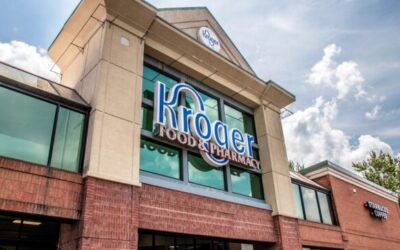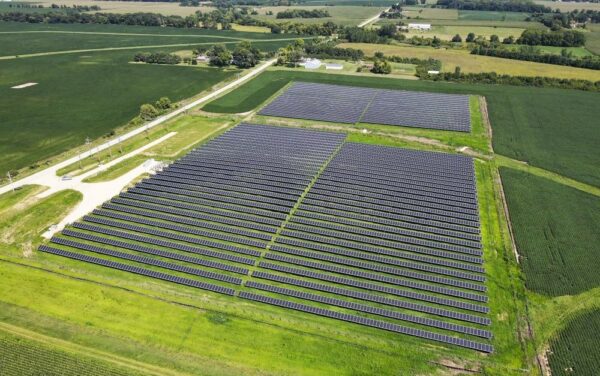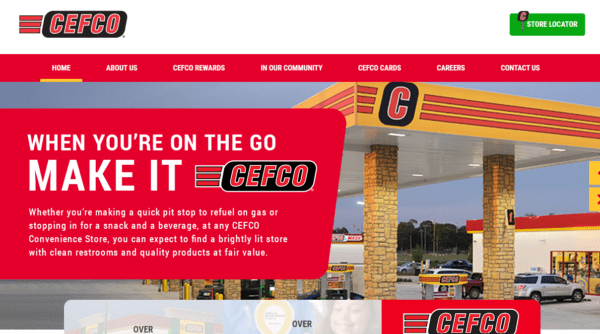Walmart, PepsiCo Commit $120M to Support Regenerative Farming


Two of the world’s largest companies, Walmart and PepsiCo, are teaming up to support regenerative agriculture practices on more than 2 million acres of farmland in the U.S. and Canada. Using $120 million of investments, the seven-year collaboration aims to cut 4 million metric tons of greenhouse gas emissions by 2030, roughly equivalent to the electricity needed to power nearly 800,000 homes for one year.
Both companies’ supply chains extend across North America and involve large volumes of critical crops, including potatoes, corn, oats, wheat, soybeans and rice, so what constitutes “sustainability” will differ from commodity to commodity and even farm to farm. The Walmart-PepsiCo collaboration offers a voluntary, flexible approach to regenerative agriculture that gives farmers a seat at the table and recognizes agriculture’s diversity.
“From my perspective, embracing regenerative agriculture is essential,” said Jeff Huffman, Owner and Operator of Island Farms LLC in Maxwell, Neb. in a statement. “It’s good for farmers, not only because it’s beneficial to the environment and our food quality, but also for the profitability of our businesses. If you use less fertilizer and you grow a bigger crop, or if you use less water and can still grow the same size of crop, it strengthens your farm in a way that benefits the bottom line and our environment for generations to come.”
Walmart has taken a number of actions to boost sustainability, although the most visible ones have focused on consumer-facing operations and transportation. Walmart teamed with Procter & Gamble in September 2022 to address beauty packaging waste, and in June 2023 the retailer switched to recyclable bag mailers and right-sized packaging. In April 2023 Walmart introduced a compressed natural gas engine for its transportation fleet.











